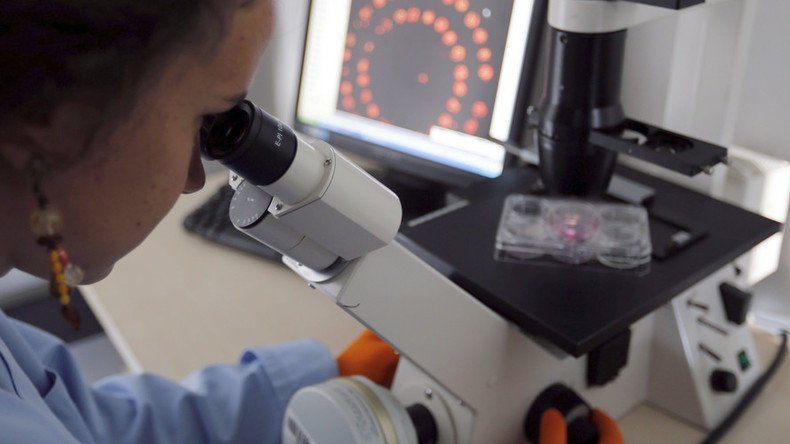Pill to slow Alzheimer’s could be available in two years

An Alzheimer's researcher predicts an effective treatment for the disease will be available by the year 2025, while a new pill to slow its onset could be ready by 2018.
Speaking at University College London this week, Professor John Hardy said his predictions were based on the success of current drug trials.
Hardy is confident that over the next decade, methods of preventing or slowing down Alzheimer's will reach the next level. He said that current research places us in an “era of optimism”, predicting that “by 2050, such advances should be benefiting at least a million people a year in the UK.”
Packed house for Prof John Hardy lecture on neurodegeneration at UCL SOP lecture at Royal Society #pharmUCLpic.twitter.com/IgyUgwt05s
— Ravi Sharma (@RSharmaPharma) January 12, 2016"All of us are excited about drug trials that are going on now,” Hardy said. “In the coming year, we will know if we are at the start of a new era of better treatments for slowing or stopping the development of Alzheimer's disease.”
Hardy developed the amyloid cascade hypothesis, an explanation for the disease that has dominated research for the past 20 years. It proposes that amyloid beta proteins form long fibres that become plaque on the brain, preventing neurons from communicating with each other.
John Hardy's genetics research pushed the amyloid cascade hypothesis forward. His Q&A w/@medpagetoday: http://t.co/BSmP9ygFoh
— Kristina Fiore (@KristinaMFiore) August 18, 2015Last year a pharmaceutical company reported successful results after using the antibody solanezumab to fight the early onset of the condition.
The experimental drug binds itself to the amyloids in their early soluble form, clearing them before they become harmful plaques.
READ MORE: Alzheimer’s breakthrough? First ever drug found that may slow disease
The trials represented the first time treatment concentrated on the cause of the disease and not just its symptoms. Results showed that it slowed down the onset of Alzheimer’s by 34 percent.
If approved by government bodies, it could be available by 2018.
$LLY this time next year should be discussing the results of solanezumab EXPEDITION-3 #Alzheimers trial #jpm16
— Edny Inui (@BMTEdny) January 13, 2016Eli Lilly upgraded on higher peak sales estimate for solanezumab
https://t.co/HG0v2v7per via @YahooFinance
— Repligen (@mAntibody_News) December 7, 2015











